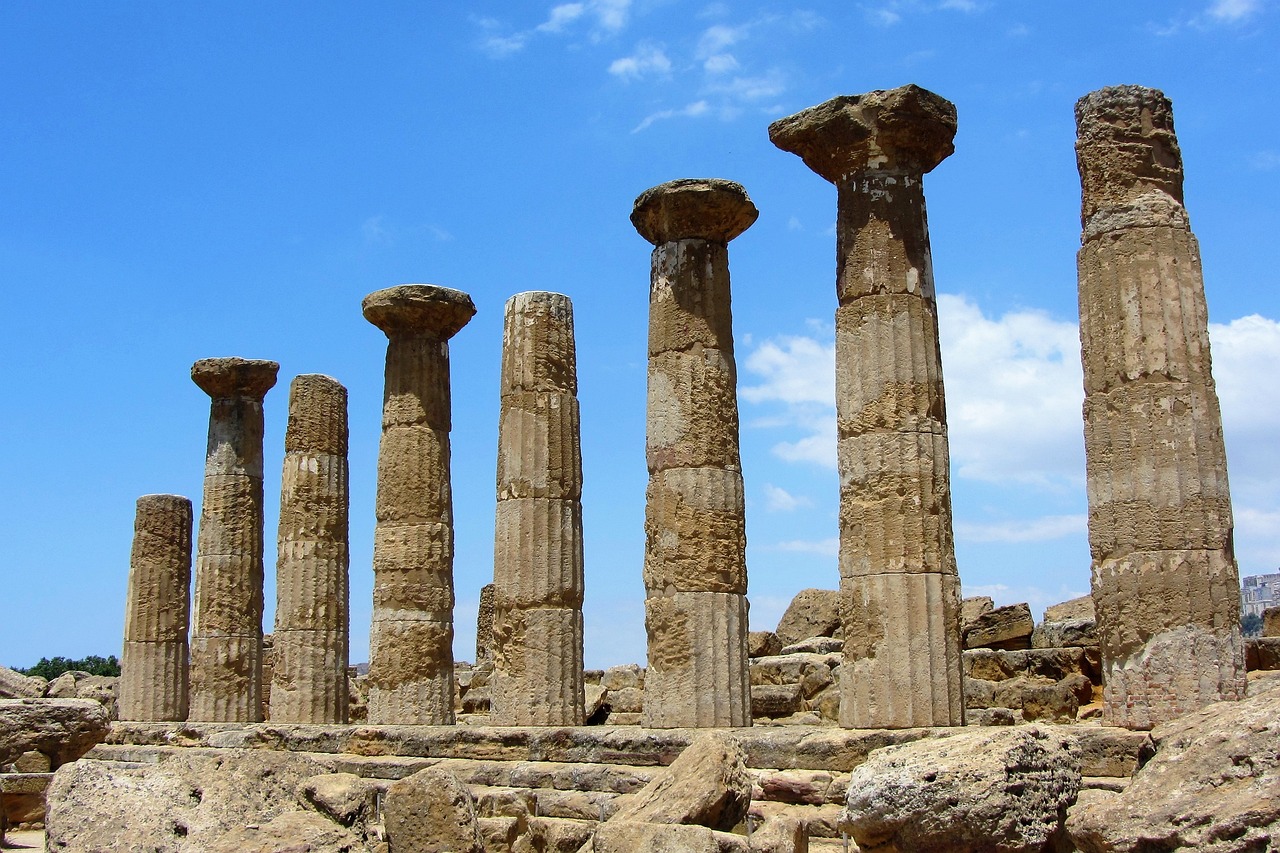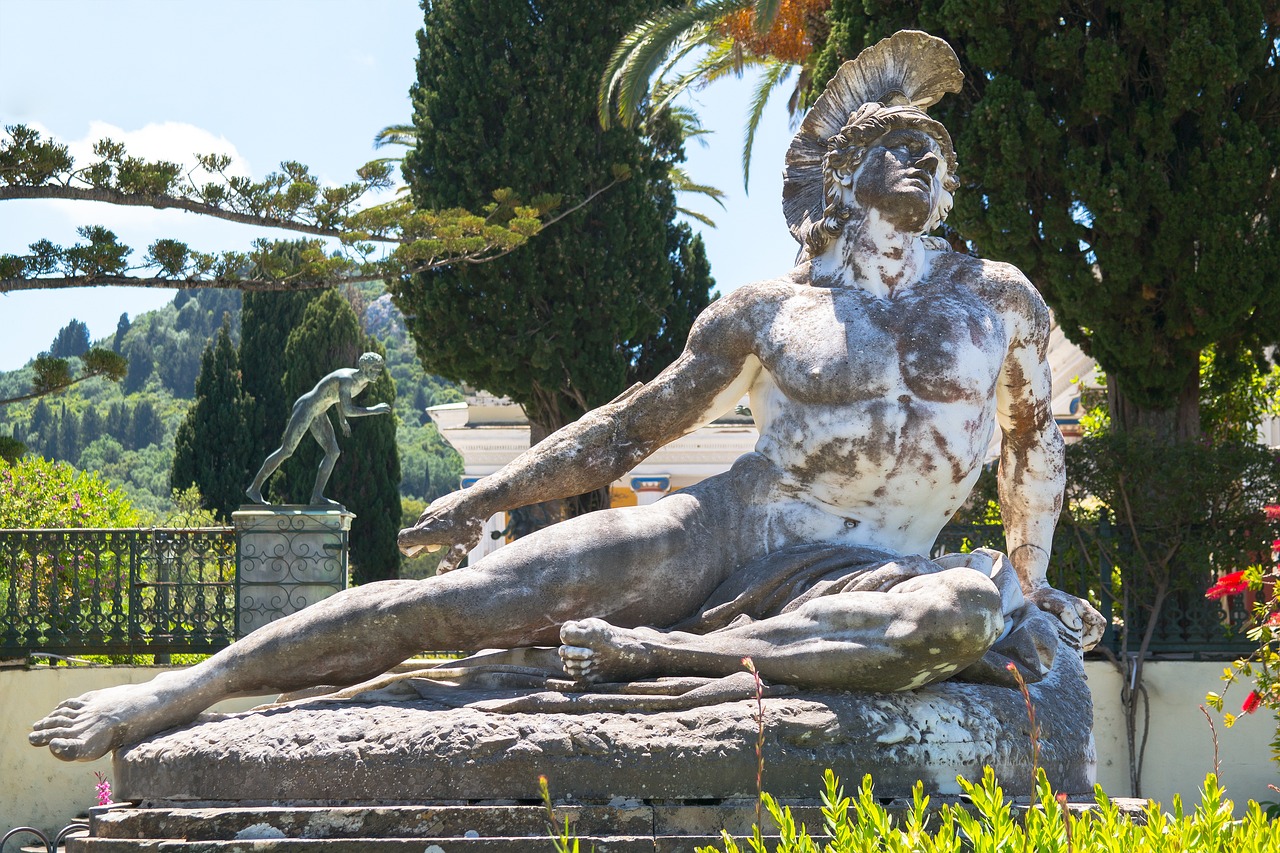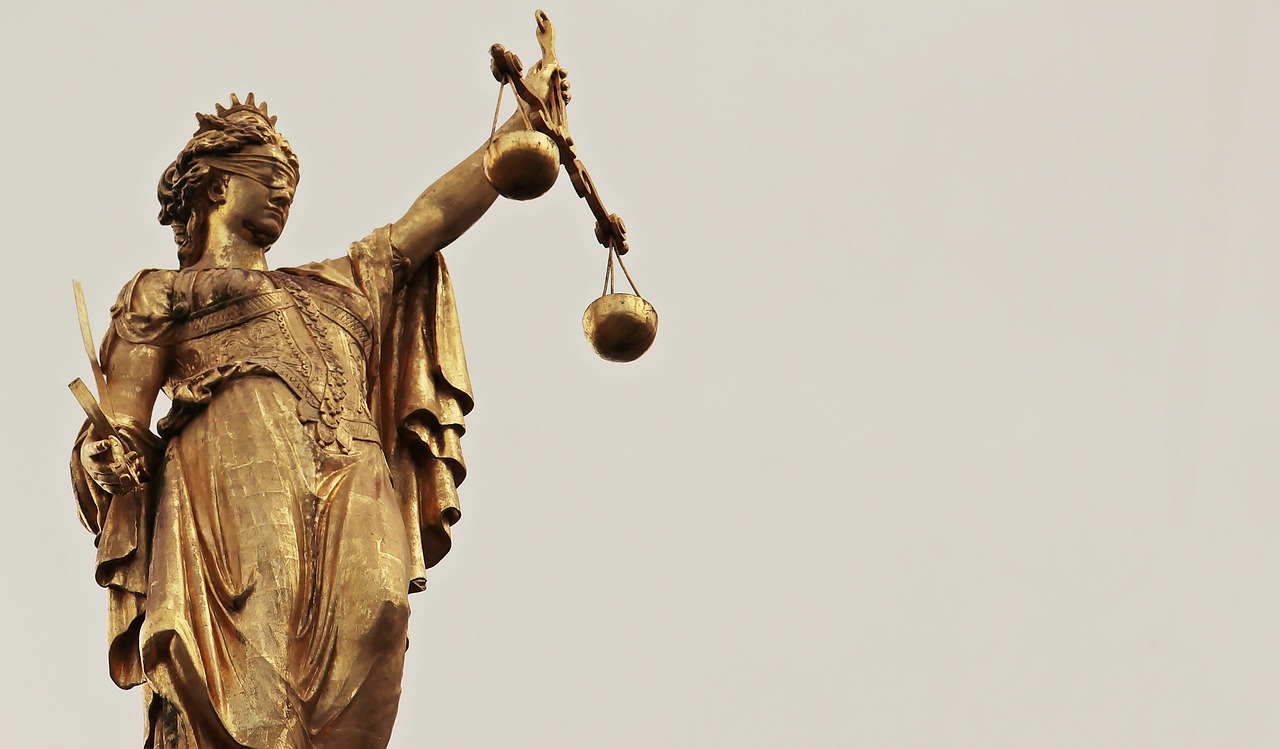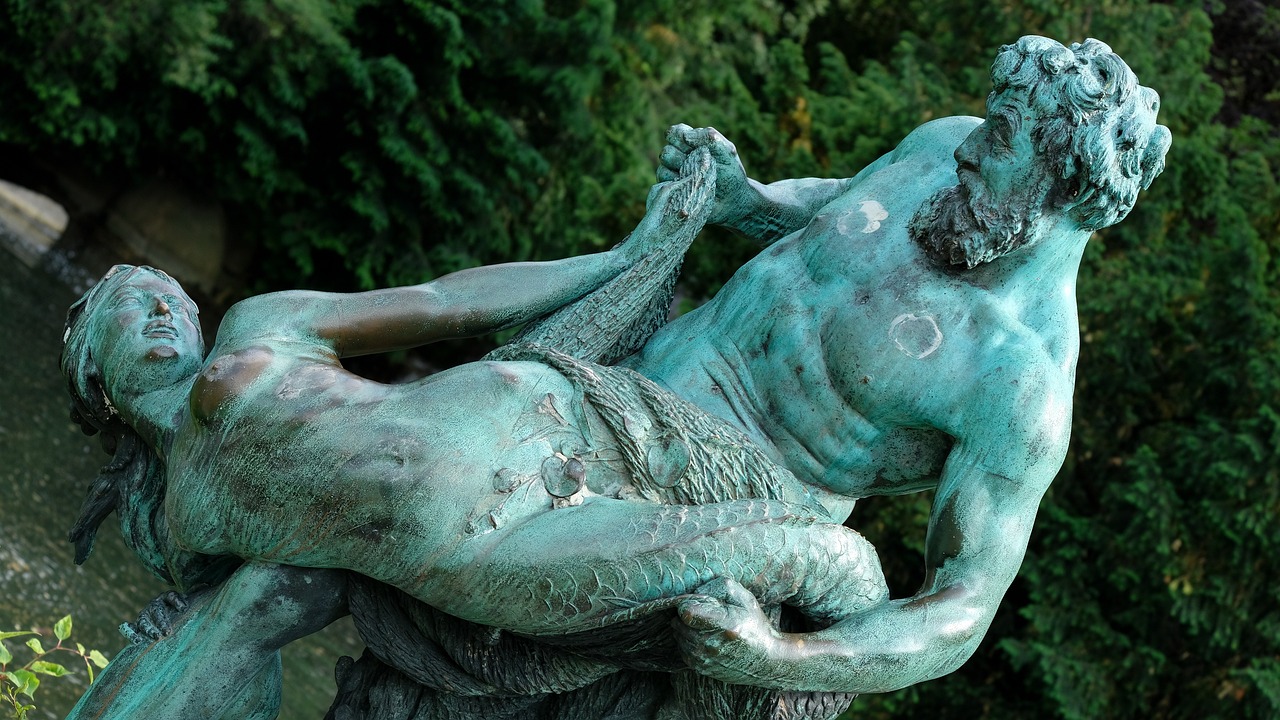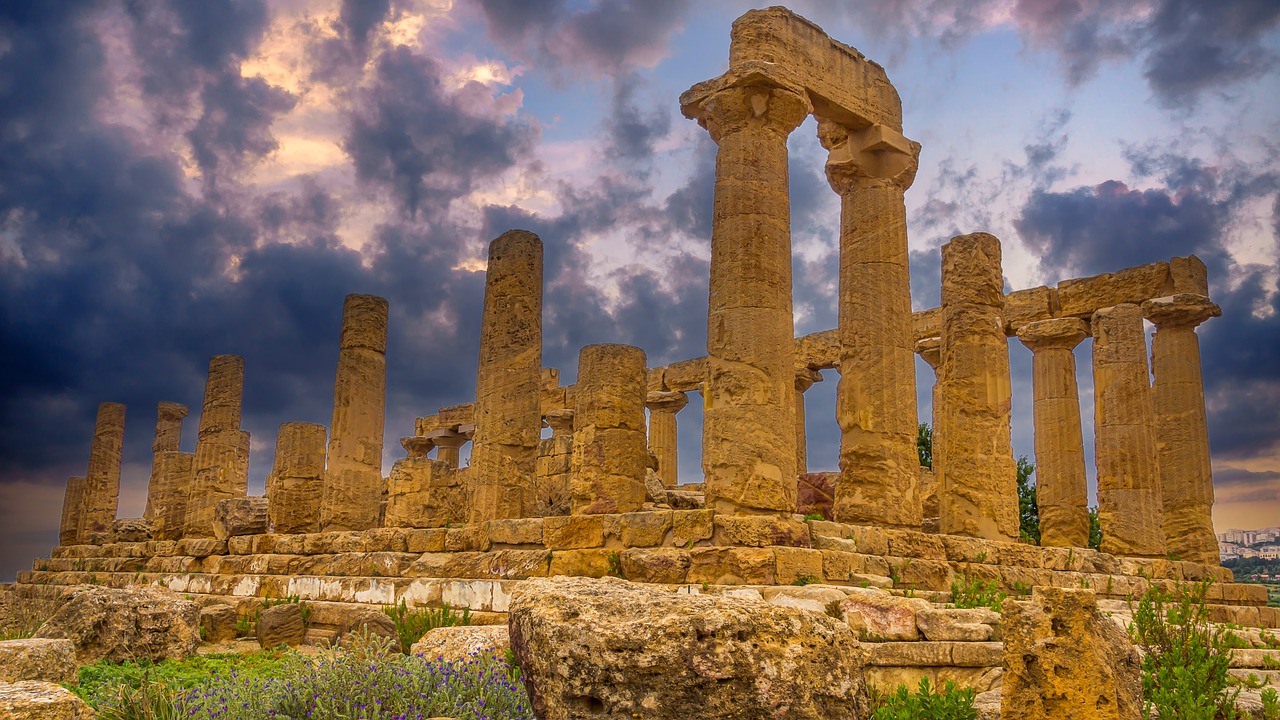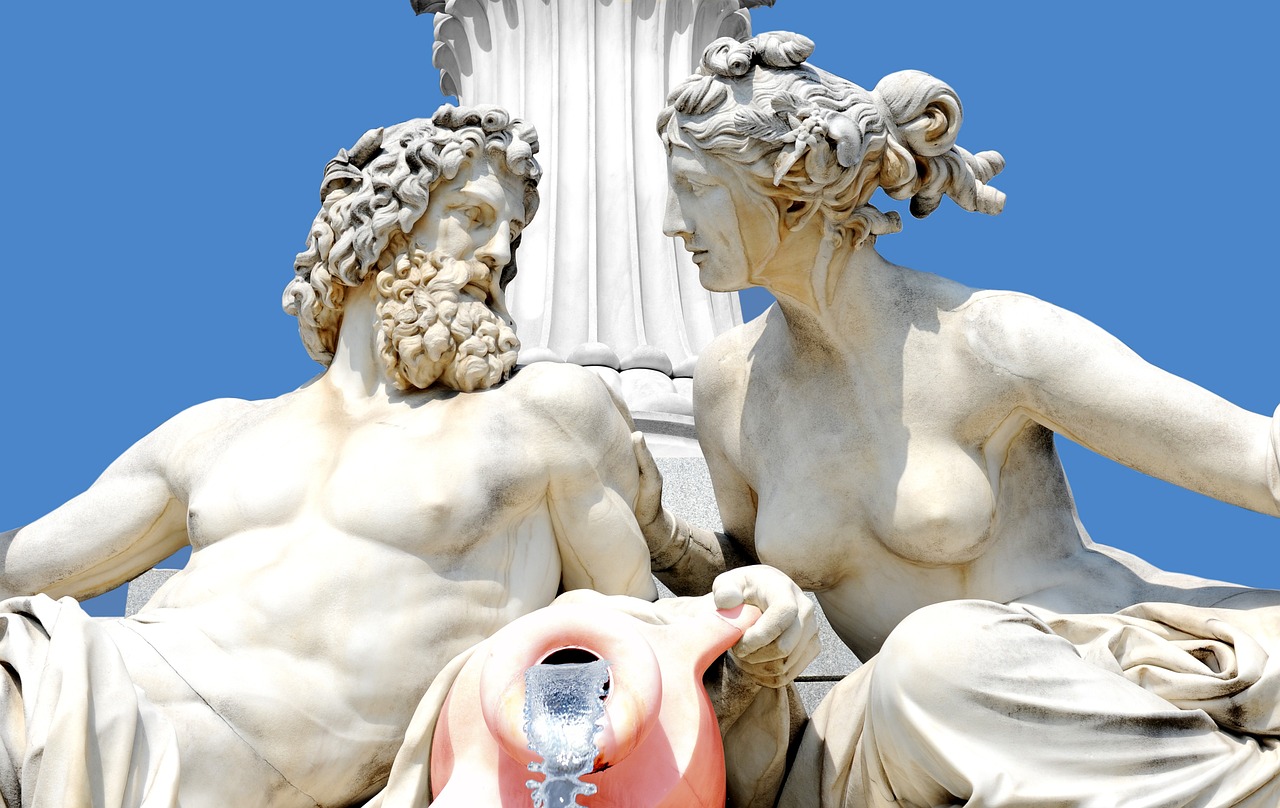Tag: Greek mythology
-
Halloween is my absolute favorite celebration, and I love marking the occasion on my blog with intriguing monster collections! I’ve previously explored ghosts and iconic movie monsters, but this year, I’m excited to highlight my all-time favorite: Cerberus, the famous canine from the Underworld! Who’s a good boy? Who’s the best bo-oy? As a child,…
-
The Adventures of Heracles: A Hero’s Journey Heracles, famed in Greek mythology, was instructed by the Delphic Oracle to undertake twelve monumental tasks on behalf of King Eurystheus of Mycenae. These epic quests are preserved through ancient Grecian art, exemplified by 2,500-year-old vase paintings showcasing Heracles’ exploits. Additional Exploits of Heracles Beyond the renowned twelve…
-
Ares: The Olympian God of War Ares, recognized as the Olympian deity of warfare, represents the aspects of battle, valor, and societal order. In ancient Greek visual art, he was typically depicted either as a mature warrior with a beard, fully armed, or as a youthful, beardless figure equipped with a helmet and spear. Myths…
-
Hephaestus holds a prominent position among the deities of ancient Greece, recognized primarily as the god of fire and craftsmanship. As one of the twelve Olympian gods, he is noted to be the offspring of Zeus and Hera, the sovereigns of Mount Olympus, and is married to the goddess of beauty, Aphrodite. Hephaestus: The Unique…
-
Achilles, the legendary warrior of ancient Greek lore, stands out as one of the most celebrated heroes of mythology. Renowned for his immense strength, bravery, and unwavering loyalty, he bore a singular vulnerability known as his “Achilles heel.” The epic narrative of his life, particularly during the final phase of the Trojan War, is vividly…
-
In the realm of Greek mythology, the moon is represented by its own goddess, Selene. If you’re eager to delve into the stories, powers, and significance of this lunar deity, you’ve landed in the right spot. This article will navigate through the fascinating narratives surrounding Selene, the goddess of the moon. Understanding Selene’s Essence Selene…
-
Poseidon: The God of Sea, Earthquakes, and Horses Poseidon was one of the key gods in Greek mythology, revered as the divine authority of the sea, earthquakes, floods, and droughts, as well as horses. He is often illustrated as a robust, mature man with a dark beard and holds a trident, symbolizing his power over…
-
Hera: The Divine Queen of Heaven Overview of Hera’s Domains Patronage and Attributes Hera, revered as the Queen of Heaven, held dominion over the air and various celestial phenomena. She was often called upon for clear skies and gentle rain, yet her wrath could unleash storms. Beyond her role as the ruler of celestial bodies,…
-
Achilles stands out as an iconic figure in Greek Mythology, renowned for his unparalleled prowess in battle and the tragic circumstances surrounding his death. His near-invulnerability stemmed from a dip in the River Styx, but a singular flaw—a tender heel—ultimately led to his demise in the Trojan War. This legendary tale serves as a poignant…
-
Greek mythology represents a complex body of narratives surrounding gods, heroes, and rituals integral to ancient Greek culture and classical antiquity. While some critical thinkers, such as Plato in the 5th–4th centuries BCE, acknowledged that these myths included significant fictional elements, the general populace tended to view them as factual accounts. This mythology has profoundly…


